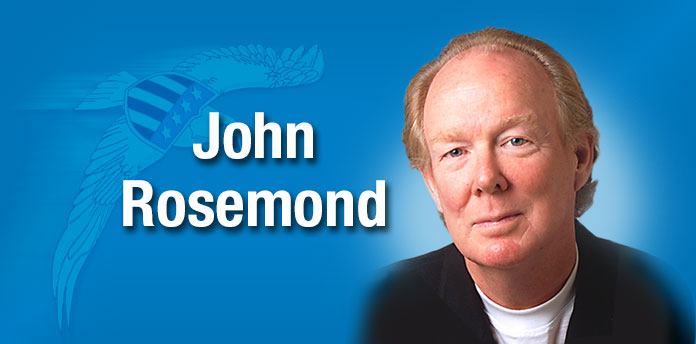I wrote a book several years ago, “Grandma Was Right After All,” in which I deconstructed the twenty-five most popular parenting adages of a bygone era.
They included “You made this bed, so you and only you will lie in it,” “I knew if I gave you a long enough rope, you’d hang yourself,” and “You will have to stew in your own juices over this.” An entire parenting philosophy was expressed through the adages in question, most of which are now extinct because the philosophy in question has gone by the wayside, to the detriment of us all.
Nearly all of these adages are misunderstood today, but surely the single most misunderstood parenting aphorism in the history of humankind is “Children should be seen and not heard.” It actually originated in 15th Century England and applied only to — gasp! — young girls, who were thought to have nothing to say worth hearing. Gradually, however, it was expanded to include young boys as well, for which we are all grateful.
“Children should be seen but not heard” was ripe for demonizing and demonized it was by America’s mental health community, who claimed that its popular use reflected a general disdain of children.
That may have been true of the Augustine clergyman who first penned it, but by the time I heard it, circa 1954, its meaning had, shall we say, evolved. It simply meant that when in a room otherwise occupied by adults holding conversation, children were to listen (be seen) but not interrupt (be heard).
In other words, we were to know our place. It was a very civilized arrangement, actually, and no one my age whom I’ve queried on the subject has ever expressed feeling disdained upon hearing it.
In fact, we boomers tend to rue that all too many of today’s parents seem to lack the mettle to tell their children, in no uncertain terms, what their place is and to stay there. The almost inevitable result is children who, through no fault of their own, are irritating.
Have you noticed what almost invariably happens when children are allowed to participate in adult conversation? Given license to talk, they don’t stop talking, which is in no one’s best interest, including their own.
Today, the adage could be applied to parents who tend to over-protect and over-manage their children. These zealous folks are usually known as “helicopter parents,” albeit I think “Cuisinart parents” more accurately reflects the dance of codependency that’s being performed.
The few and far between parent of sixty-plus years ago — anxious, hovering, micromanaging, enabling — has become ubiquitous today, a clear refutation of Darwin’s theory that only functional attributes are perpetuated.
In those glory days, parents were to provide adequate supervision, but at a reasonable distance. If a mother could hear her children, they were probably too close, which explains my mother’s insistence that in any weather other than a lightning storm or hurricane, I was to be outside, out from “underfoot” — yet another parenting word that has fallen out of usage.
By the way, “underfoot” was synonymous with “annoying,” and I knew it, and I am today a better person for knowing it. I trust that my friends agree.
[Family psychologist John Rosemond: johnrosemond.com, parentguru.com. Copyright 2021, John K. Rosemond]












Leave a Comment
You must be logged in to post a comment.